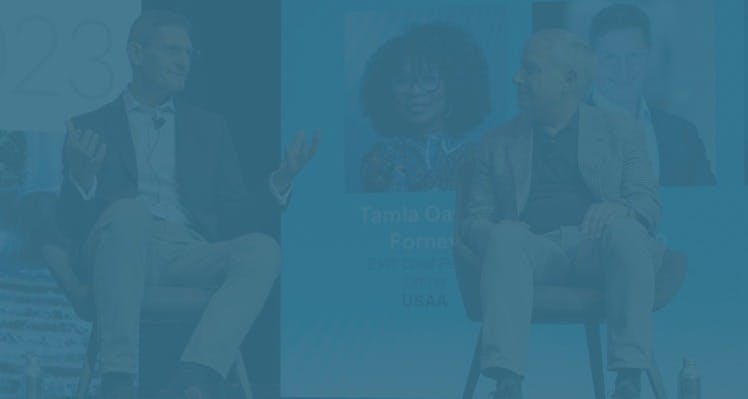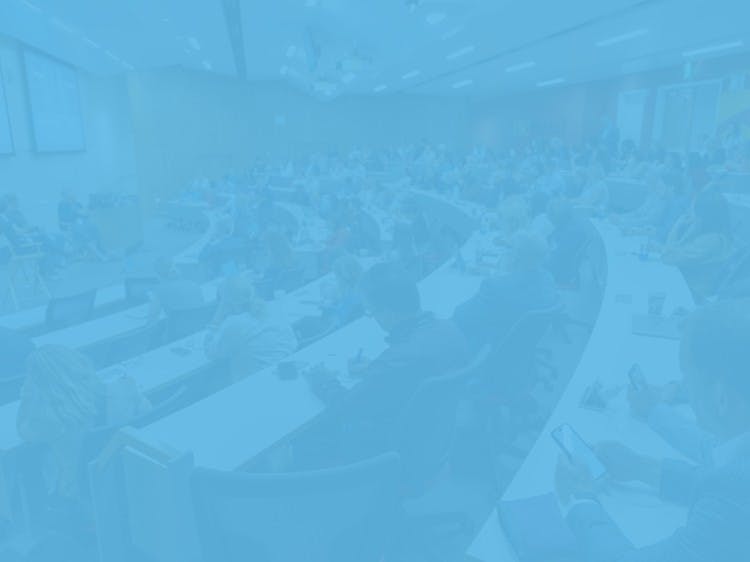
Bias
“Bias” refers to an innate tendency to give preferential treatment to some people over others, consciously or unconsciously, as a result past experiences and perceptions. Every management and HR decision has the potential to suffer from bias. Whom to hire, whom to promote, how much of a raise or bonus to give someone, whom to move to a new position—these are all important decisions that may be influenced by bias. Human beings’ biases are based on prejudice, experience, credentials, or other factors that may or may not be pertinent in a fully inclusive company.
The purpose of discussing bias is to help the organization reduce bias. For example, a company may find that its executives all have engineering degrees and therefore conclude that they will always have a bias toward hiring people with engineering backgrounds. Another manager may dislike women on their team may be biased against female candidates. These human biases must be neutralized through data, committee decisions, and in some cases “blind” candidates (removing picture, gender, or name).
AI and matching systems are also biased. Any AI or algorithmic matching system (or recommendation system) is only as “smart” as the data behind it, so companies must be careful not to assume that AI-enabled decisions are not biased. The way to prevent this is to buy software that has been validated against large numbers of people, look for “white-box” AI (systems that tell you why they are making a recommendation so you can see what factors are included), and systems that let you “train the system” or “weight decisions” to prevent racial, gender, age, or other forms of bias.
Build your HR capabilities.
Close skill gaps and increase you or your team's earning potential — Start today by browsing our wide range of courses tailored for HR professionals around the world.
Explore the Academy

